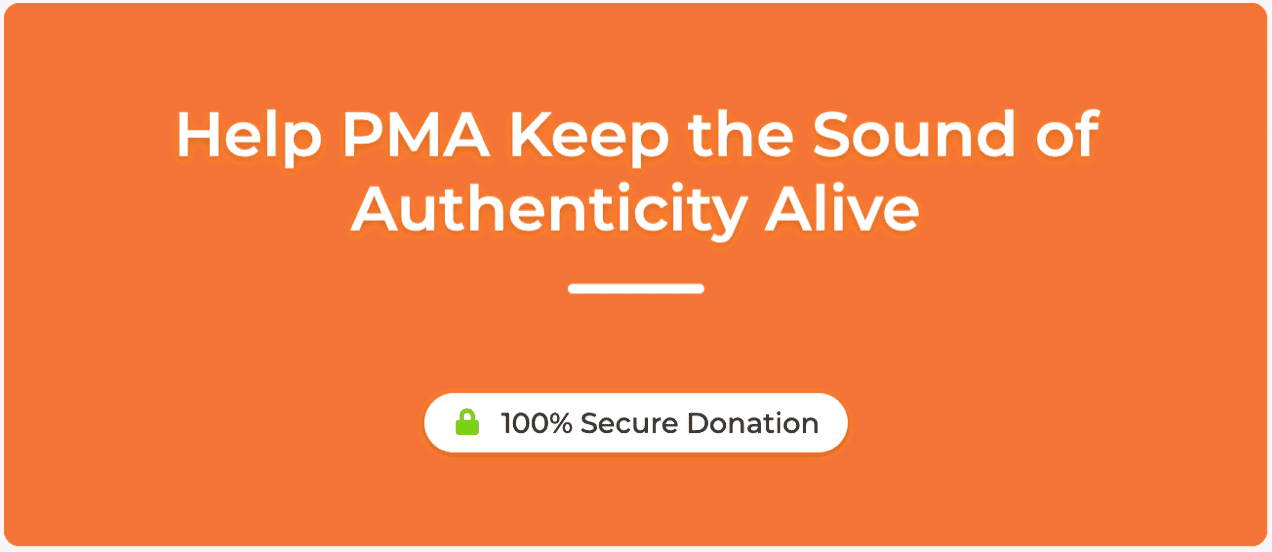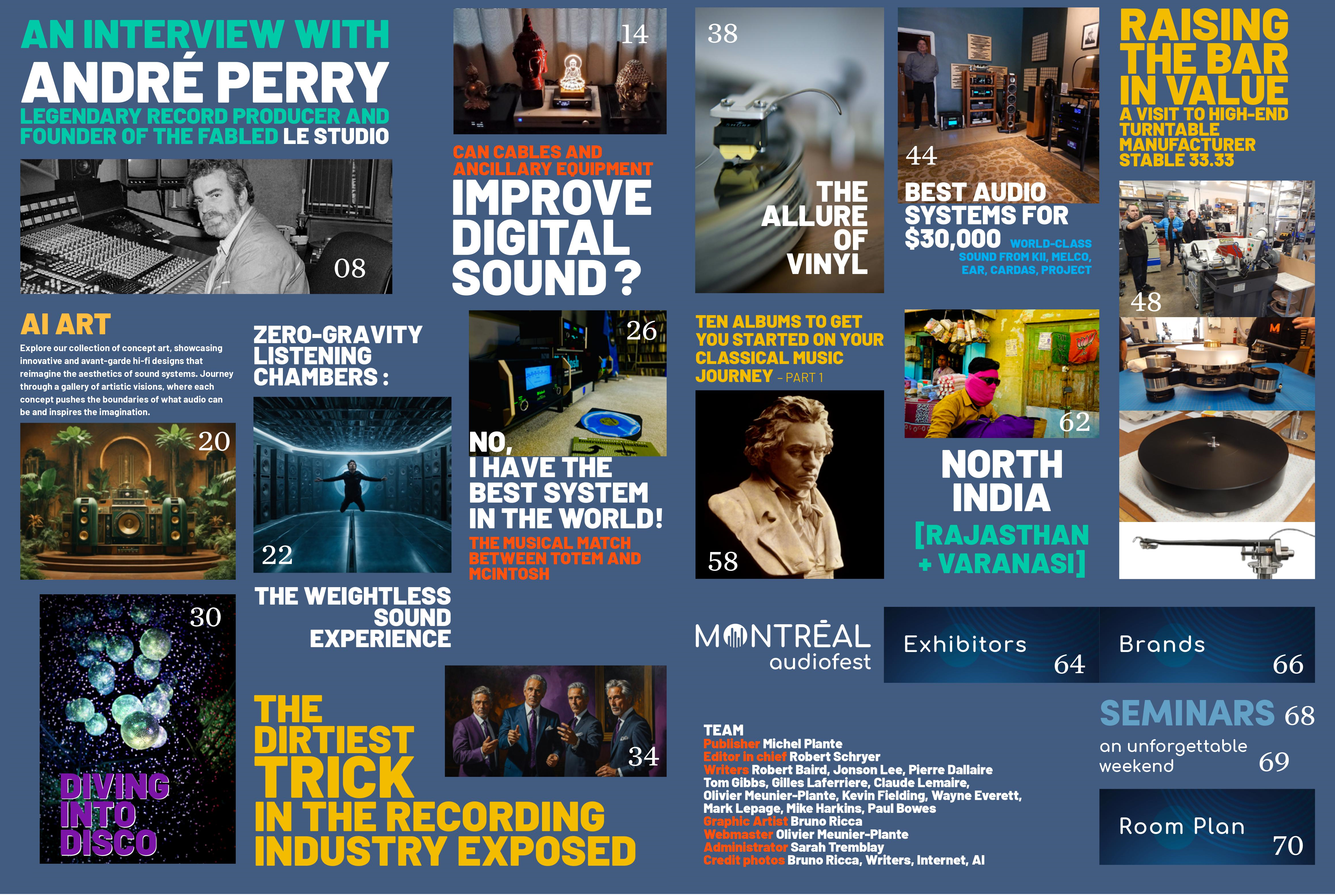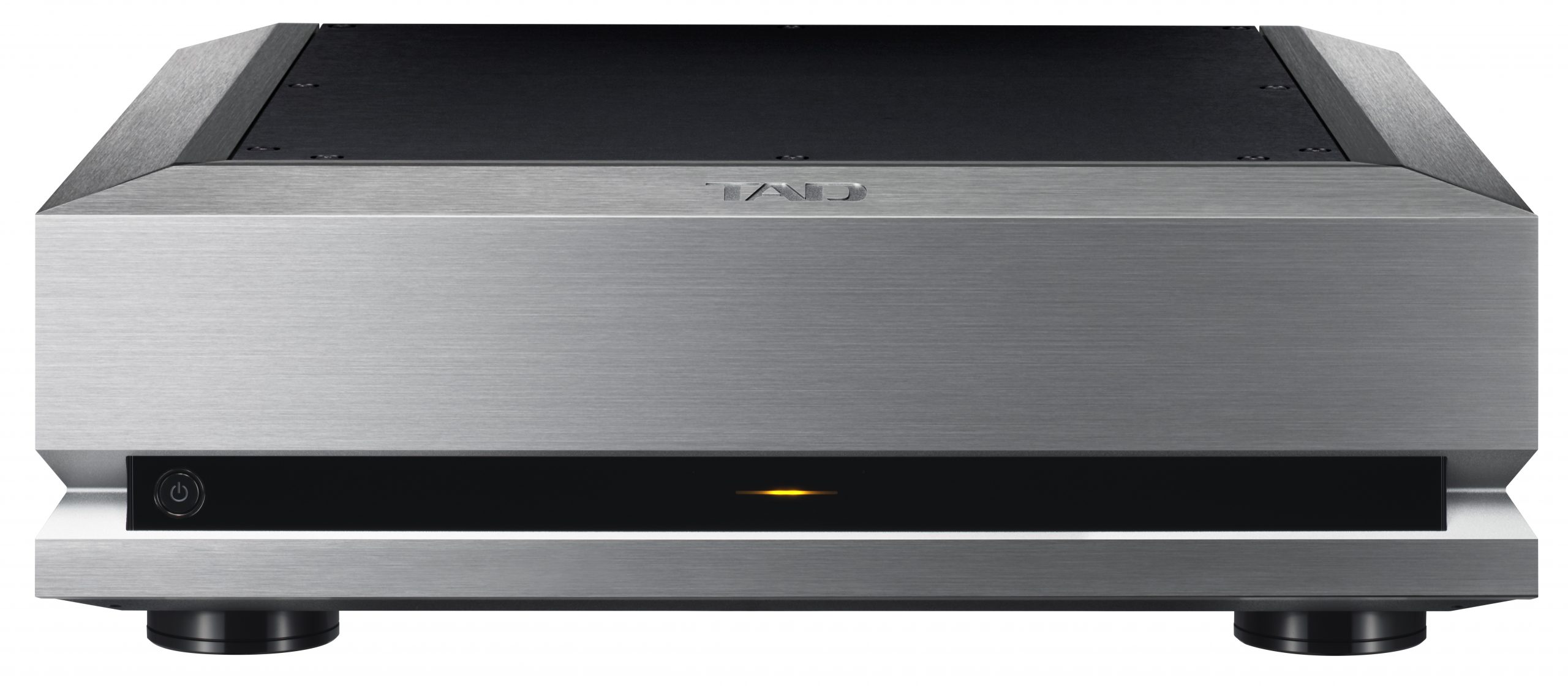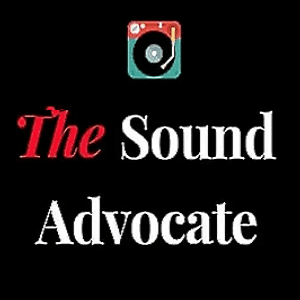
Ask anyone who started a Facebook audiophile group and they will tell you they did it as a labour of love for the audiophile community, so hobbyists could feel free to share their audio experiences and discuss audio gear with like-minded folk in a friendly, nurturing environment. And it was like that, for a while. Until the bullies showed up.
The subject of this interview, Paul, has been a member of one of Quebec’s most popular Facebook audiophile groups since its inception nearly a decade ago. He began as a content provider, and over time took on the roles of site administrator and moderator. He graciously offered to talk to us about what he sees as a pervasive scourge on Facebook audiophile groups, but asked that his real name not be used.
Paul’s group was established by a friend of his, “Dan”, who wanted to replicate the success he was having with his popular Facebook record-collecting group, where LP enthusiasts congregated to chat about LPs and post their jackets, all of it taking place in an environment of mutual respect.
It didn’t go as hoped. Two years after he’d launched it, Dan wanted out. He asked Paul if he’d be interested in taking on a bigger administrative role, which meant more moderating. When Paul accepted, Dan disappeared and hasn’t been heard of since, although Paul suspects the page still belongs to him. So, what happened?
“The bullies started coming,” Paul said to me during our Zoom interview. “They’d pick on members, tell them their gear or opinions were wrong, end of discussion. There was no talking with them. They’d get mad. I couldn’t understand why. It was just the audiophile hobby.”
Perhaps now is a good time to define what the audiophile hobby is. The audiophile hobby is a personal journey of exploration and discovery in sound reproduction. It’s fueled by a sense of curiosity and the desire to hear one’s music in better sound, along as by a love of audio equipment and accessories in general.
It may also be worth mentioning the obvious—that audiophile Facebook groups were created to celebrate the audiophile hobby—hence, the word “audiophile” in the group’s name—not shit on it.
“Before social media,” Paul said. “I used to participate in the online discussion forums that audio magazines set up. Audiophiles would go there to chat with other audiophiles—it was always friendly. People were civil to each other.”
Rewind to the joyous first couple of years after Dan launched his Facebook audiophile group, during which Paul acted as both content provider and site administrator. He wasn’t a moderator yet, because there was nothing to moderate. The atmosphere was convivial. People shared their audio journeys with other members, posted pictures of their gear, tried to offer helpful advice, all without repercussion and done in the fraternal spirit of cooperation.
Then things began to flare up. Disagreements about audio broke out and ended in personal attacks. Dan began to warn people, even discipline some, but the situation escalated. The drop-in-the-bucket that precipitated Dan’s departure was a particularly acrimonious conversation with a member, that ended with Dan being scolded with, “Your mom must be so disappointed in you.”
Soon after that incident, Paul began to moderate the site—to make sure conversations were conducted in a respectful manner. It made him an instant target.
Paul explained: “I started getting—I still get—anonymous private messages—some from obviously fake accounts—telling me, ‘You have a big mouth’, or, “You’re no good’. Just hateful messages.
“I eventually decided to stop moderating. I still add content to the site to keep it going, but I’m careful now about what I share. For one, my posts have become more music-oriented.”
In other words, less audiophile. I asked how he would describe the current state of Facebook audiophile groups overall.
“A disaster,” he said. “Most aren’t constructive anymore. People are reluctant to share. They’re afraid people will gang up on them, call them deluded or idiots. There’s none of those sorts of attacks in vinyl record groups.”
Then why was it happening on audiophile ones?
“Jealousy maybe? A sense of competition? I’m not sure how to analyse it. There are a lot of know-it-alls, people who are so convinced they’re right that they feel justified in meting out justice. They refuse to believe they may not know everything.
“It’s like people who spend 10 minutes listening to a component at an audio show,” he said. “They conclude it didn’t sound good, and they post that on social media. They heard the component for 10 minutes at a hotel in an unfamiliar system. I’m sorry, but they didn’t hear it.”
When I asked why he continued to participate in a group he considered toxic, he looked off to the side of the camera and sighed deeply. “That’s a good question,” he said. “My girlfriend asked me the same thing.” After a few moments of speechlessness, I prodded, “Is it frustrating to be on the site?”
“Not really,” he answered. “I just watch what I post. Things can get out of hand quickly. I recently posted photos of new equipment I’d bought. Then the comments started, “Why did you buy that? There’s a lot better out there for the price.” And it just went downhill from there. So, I try to avoid those situations.”
“So you censor yourself?” I asked.
“You could call it self-censuring,” he said. “To avoid confrontation that serves no purpose.”
More to come—including, is there a solution?—in Part 2.










Leave a Reply